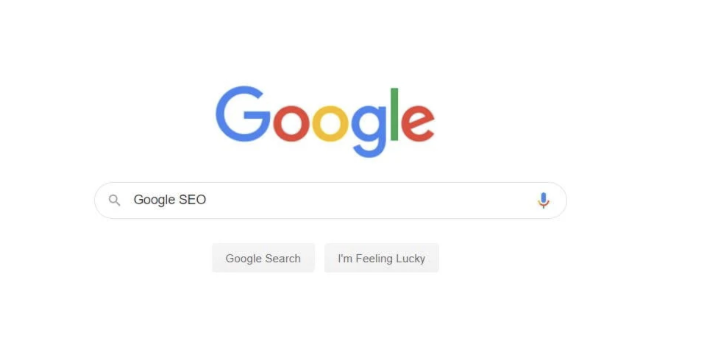Google SEO is basically optimizing a website to show high on Google search results. Here’s a detailed look:
What is SEO? Search Engine Optimization (SEO) refers to the techniques used to optimize websites so that they appear higher in organic search engine results, predominantly that of Google, which holds a massive percentage of the search engine market. Search engine optimization (SEO) consists of different tactics and methodologies:
On-Page SEO: Optimizing your content, meta tags, URL structure, and internal linking. It’s about optimizing individual pages to be more relevant to keyword searches that people are performing.

Off-Page SEO: This includes activities that take place outside of your website, such as attracting backlinks, social media signals, and brand mentions. This is important to improve a site authority and trust.
Technical SEO: This involves optimizing the technical aspects of your site, such as site speed, mobile-friendliness, and ensuring that search engines can crawl and index your pages efficiently.
Key Components of Google SEO:
Keyword Research: Identifying the proper keywords that align with user intent is essential. Some common tools for this are Google Keyword Planner, SEMrush, and Ahrefs.
Content quality: High-quality, authoritative, and relevant content are preferred by Google. This means delivering content that serves a purpose over user queries.
User Experience (UX): Google has placed emphasis on user experience with updates like Core Web Vitals to assess page load speed, interactivity, and visual stability.
Schema Markup Structured data: By implementing structured data, you are enabling the search engine to better comprehend your content which can result in rich snippets or improved search results.
Local SEO: For businesses with a physical presence, local SEO strategies such as Google My Business listing optimization focus on visibility in local searches.
SEO Tools: Google Search Console is crucial to help you monitor your site’s performance in Google search, discover issues, and find out how users are using your site.
Latest Trends and Updates:
SEO Strategies: Algorithm updates affect SEO strategies as Google updates its algorithms to improve user experience. Recent key areas of focus have been fighting “content parasite SEO” and promoting content that enhances reputation.
The Impact of AI on Search Query Results: Tools such as AI Overviews may allow for more focused and intelligent search results, suggesting that SEOs will be better off creating content that holistically answers intent-based queries.
Focus on User Behavior instead of Algorithm: The recent news is about optimizing more for user behavior than search algorithms (speed + relevance)
Resources:
Reliablesgoogle search engine optimisation guide: Gives you a solid foundation of SEO better practises.
Google Search Central: Includes comprehensive documentation on SEO, including guides on how to use Search Console.
By September 2025, the SEO fundamentals course on Coursera will provide an educational guide for keyword research and on-page instructions.
However, SEO is not a one-off task; it involves constant updation as we have to keep track of Google algorithms and user behavior trends.